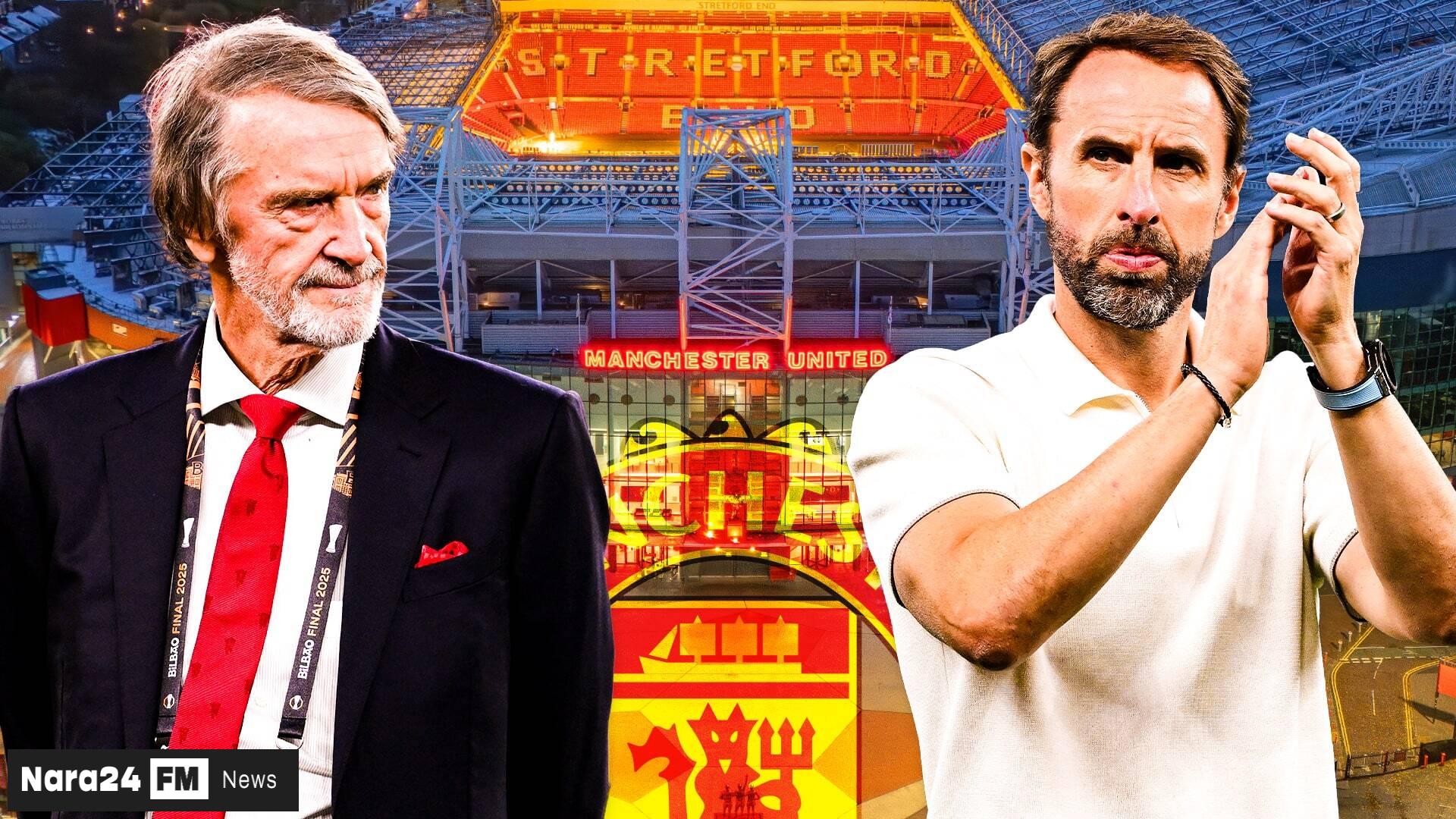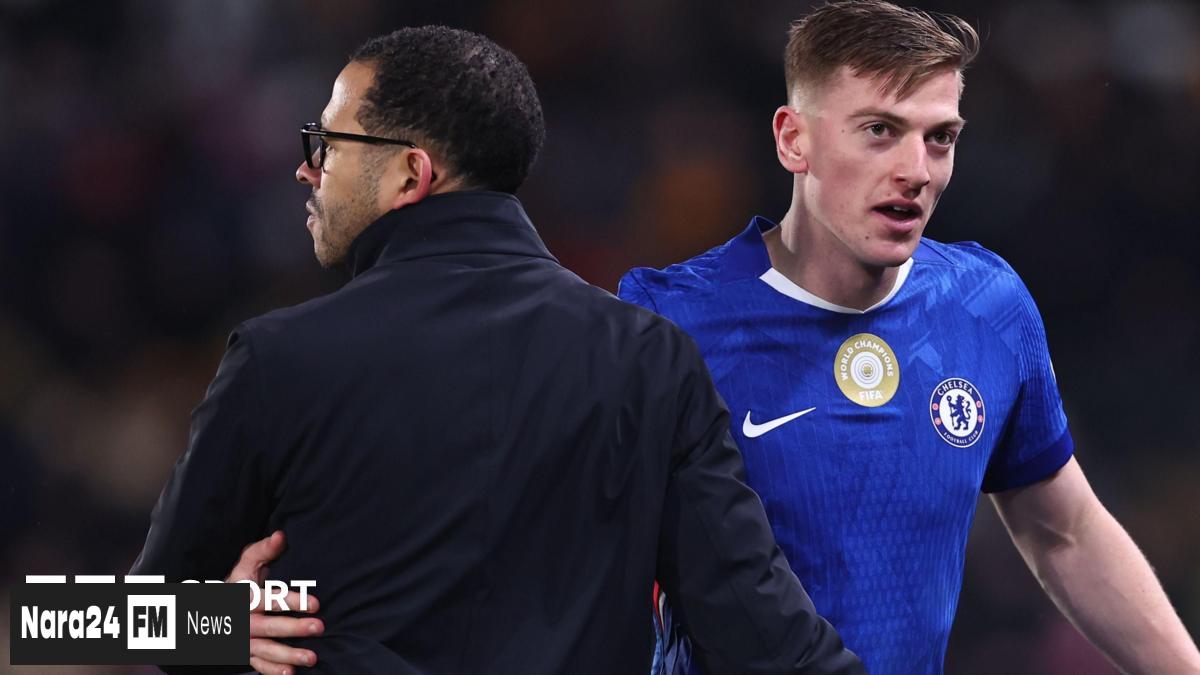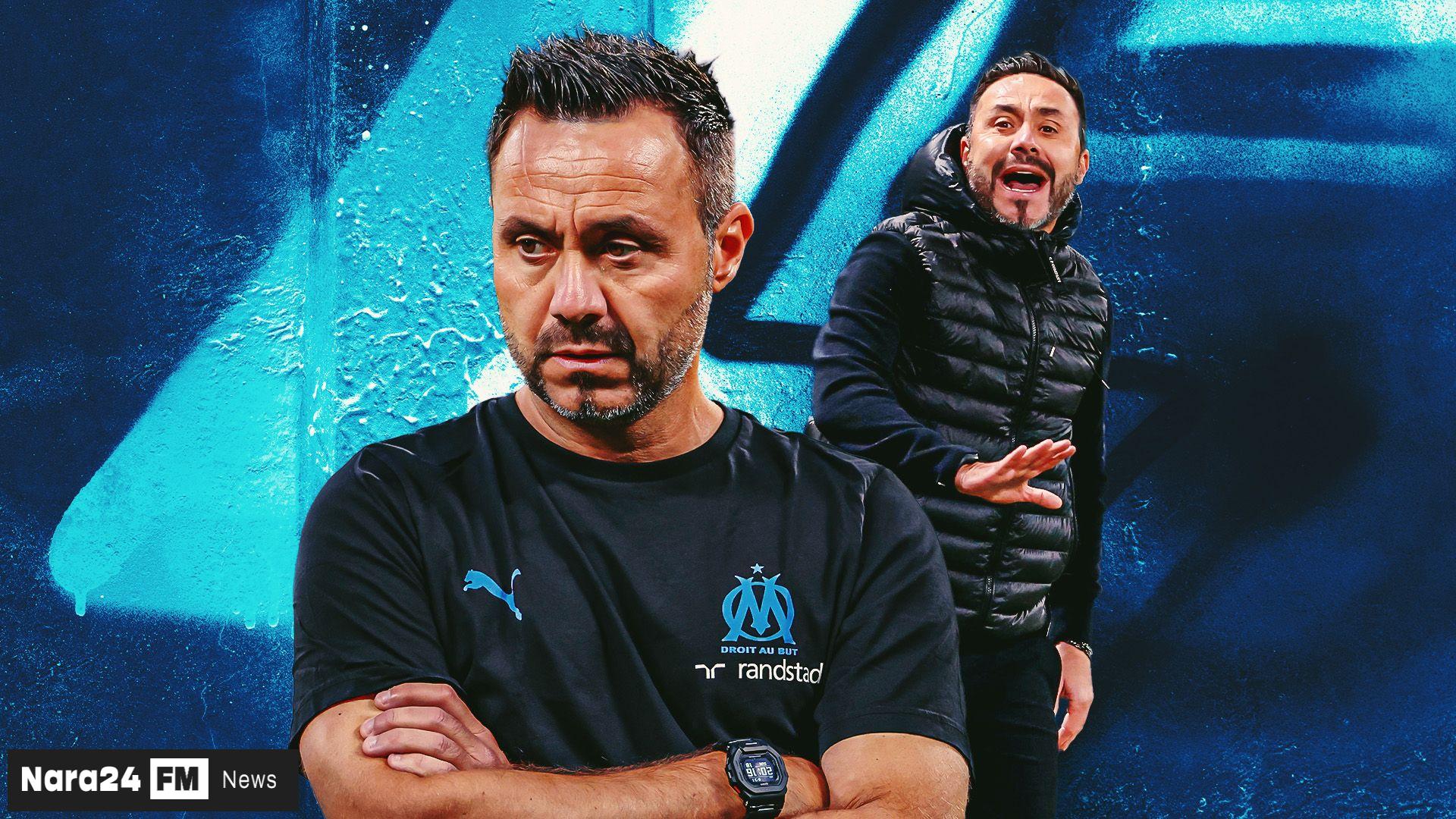Gareth Southgate, the former England manager, has voiced significant hesitation about potentially joining Manchester United should the club decide to part ways with current coach Ruben Amorim. According to well-informed sources, Southgate believes rebuilding United into a Champions League contender would require a minimum of four years, a timeline he fears the club might not support if he were to take the reins. The 55-year-old, who stepped down as England’s boss in July 2024, emphasized the need for long-term stability and patience, contrasting with the pressure for instant success he anticipates from United’s leadership.
Southgate’s openness to the role comes amid speculation linking him to the position since Sir Jim Ratcliffe’s acquisition of the club in February 2024. Ratcliffe appointed cycling expert Sir Dave Brailsford to overhaul United’s structure, and the two have maintained a close relationship. However, Brailsford’s recent return to cycling as Ineos Grenadiers’ general manager, along with the departure of former sporting director Dan Ashworth, may weaken Southgate’s chances. Ashworth had previously endorsed Southgate as a top candidate to replace Erik ten Hag but was overridden by CEO Omar Berrada, who ultimately chose Amorim.
The former Middlesbrough manager, who last led a Premier League team in 2009, has not ruled out a future in management but has hinted he may step away from the game entirely. His upcoming book promotion, Dear England: Lessons in Leadership, and other non-football ventures suggest he is not rushing back into the spotlight. Southgate’s reluctance stems from a desire to implement gradual, sustainable change—a philosophy he feels clashes with United’s current expectations of rapid turnaround.
Southgate’s potential candidacy has been further complicated by the absence of Brailsford and Ashworth, who previously had strong ties to him. While Brailsford remains on United’s football board, his reduced involvement may leave Southgate without key allies in the club’s restructuring efforts. The situation highlights the challenges of balancing legacy, patience, and the demands of one of football’s most high-profile clubs.








Comments (0)
Leave a Comment
Be the first to comment on this article!